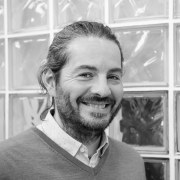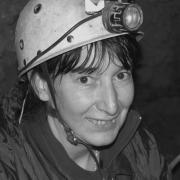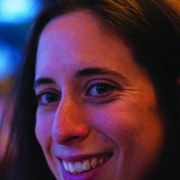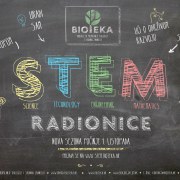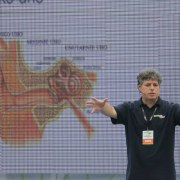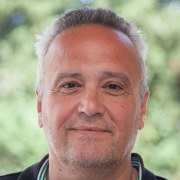In most of Europe, changes in EU paradigms and novel funding structures have a strong impact on science communication practice. However − in sharp contrast with their EU peers − professionals and organisations in the Southeastern Europe (SEE) region, with its mixture of well-established member states, recent member states and those in different stages of the accession process, don’t seem to care too much for the sci-comm status at EU level and its perspective. Are SEE professionals ignorant of their destiny, or are they perhaps equipped with different knowledge, practices and instruments for science communication, its numerous appearances and forms, and a different know-how for leading a dialogue between science and society? Are these territories able to grow and flourish without EU support?
In this session, science engagement professionals from Trieste, Ljubljana, Zagreb, Belgrade, Sofia and Thessaloniki will be presenting their initiatives, combining a poster showcase with a fishbowl discussion. A great introduction to next year’s Ecsite Conference in Ljubljana, Slovenia.
Facilitator
Session legacy
First of all, we've experienced a serious organisational failure - no one from local team appeared, we didn't get evaluation forms neither any logistic support; our unusual venue wasn't prepare at all so we did the space setup and whole work on our own; photographer and/or video team didn't appear as well, meaning that any formal document or record that our session actually happened is not existing. Except us, our colleagues and few people from the audience who also faced challenges to find the venue as no one was nearby to direct them and show the way.
From the content perspective, it was like an informal meeting of the SEE people (around 20 of us) and up to 10 colleagues from elsewhere (few that we know and few who came on their own).
When speaking about organisational problems, I have to mention that session's name was changed at some later point without actually communicating that with me/us, which I saw only when the program was initially released online. From my professional perspective, that's quitet strange, as you can't just name things based on yours personal view or (limited) knowledge.
Still, the session passed mostly as it was planned (one panelist couldn't attend the conference at the end), we exchanged our knowledge and practices, and undertook that in quite an unusual manner related to the unusual space (posters + fishbowl).
Since the following ECSITE is in our part of Europe, that will probably give additional value and visibility to our particular and generally authentic scie-comm activities. Having that in mind, I'm just regretting that we didn't have a chance to kick-off it in a proper way and had to struggle with "unusual" circumstances.

